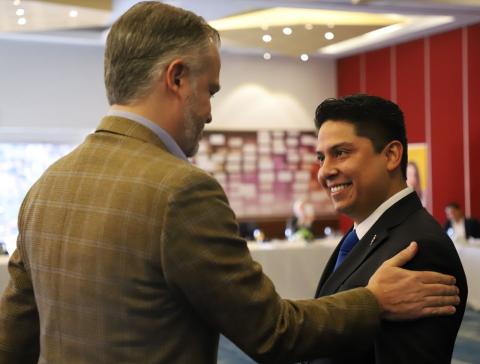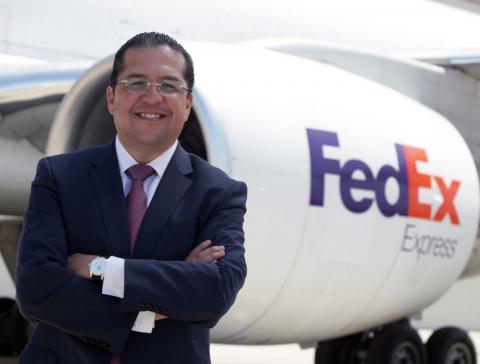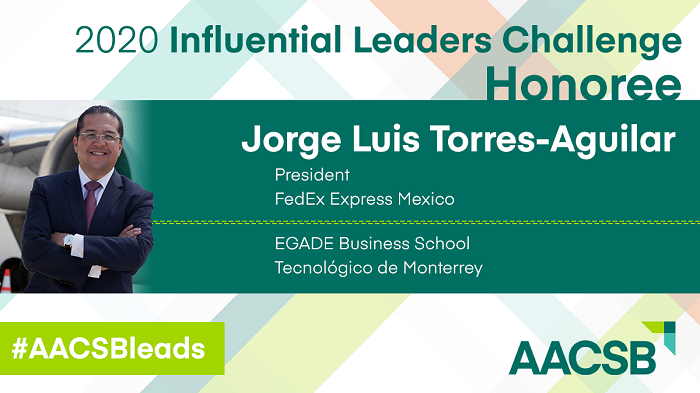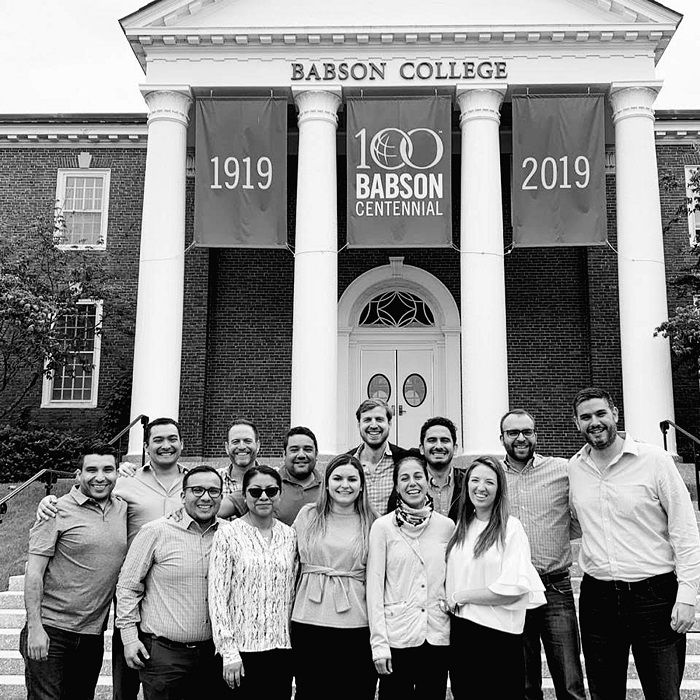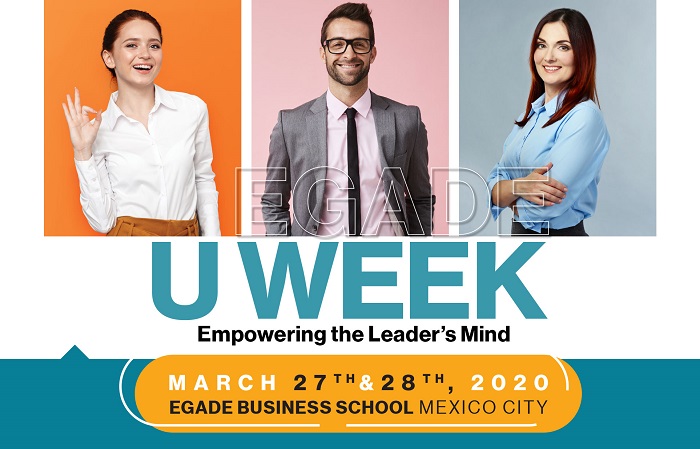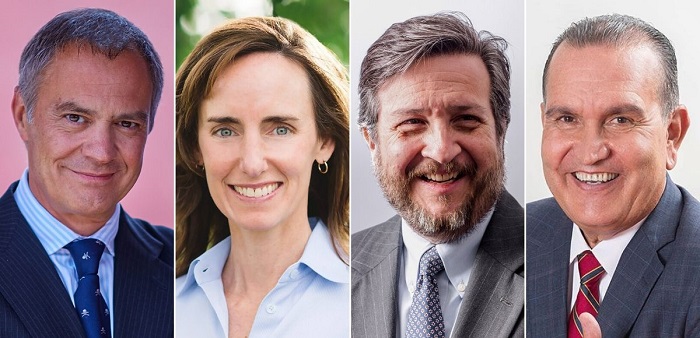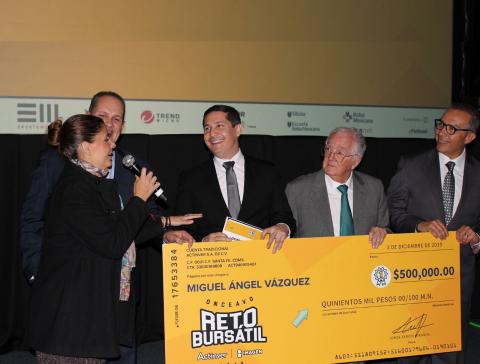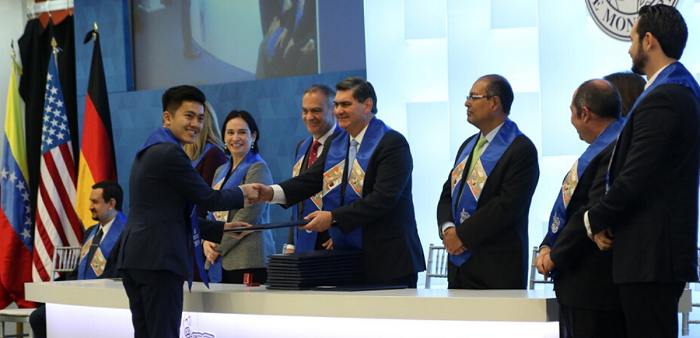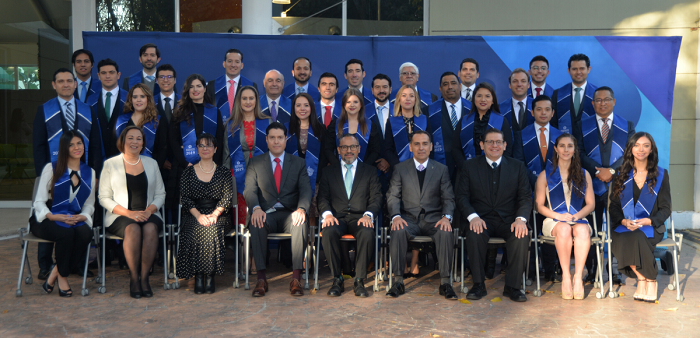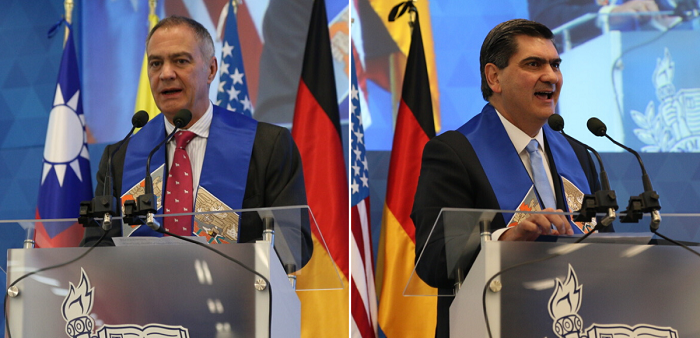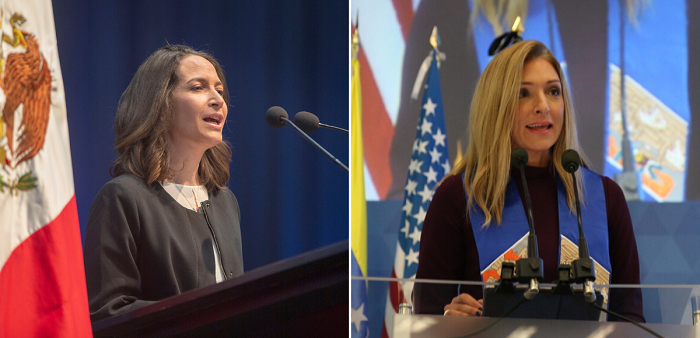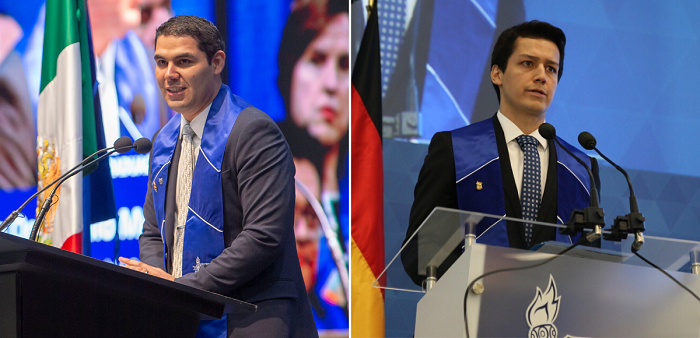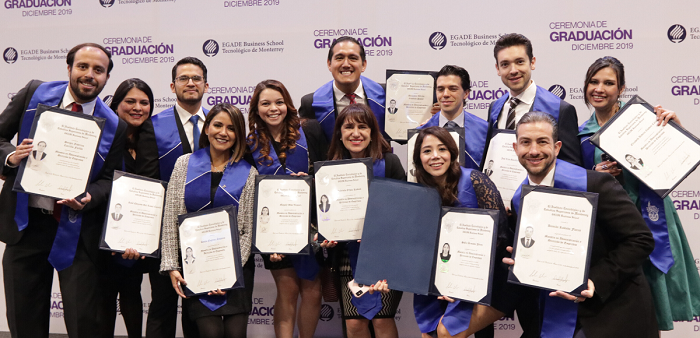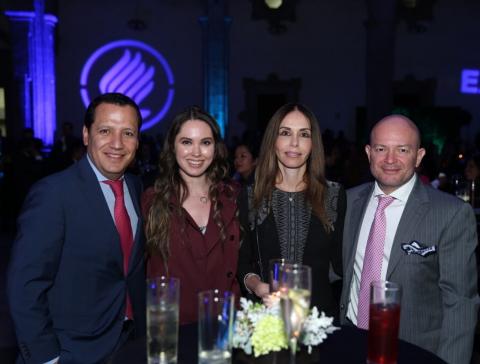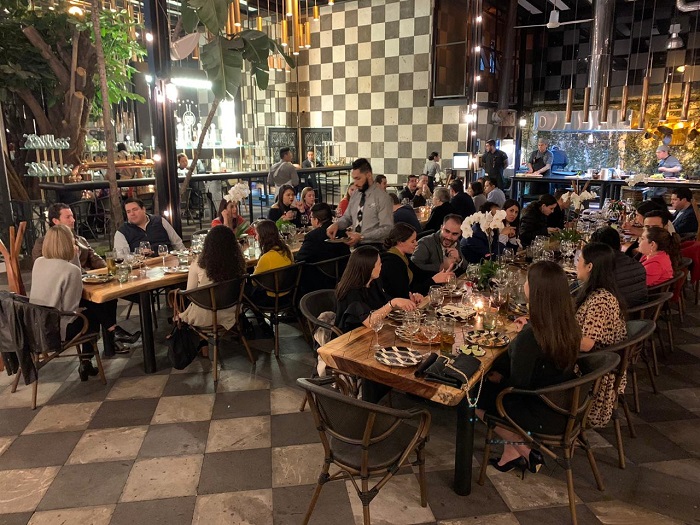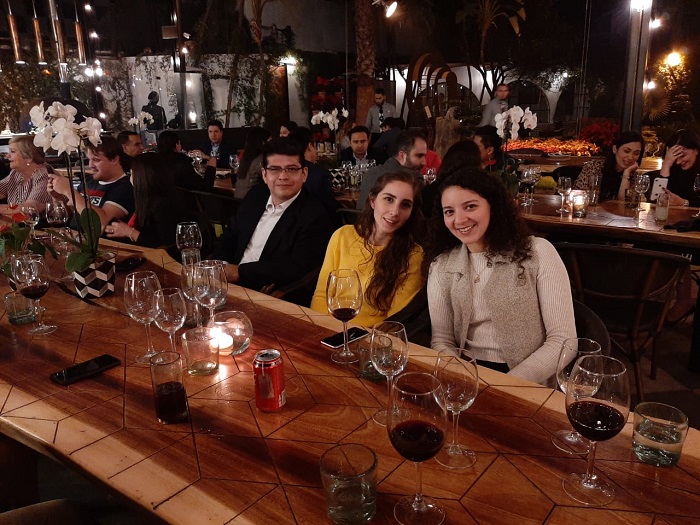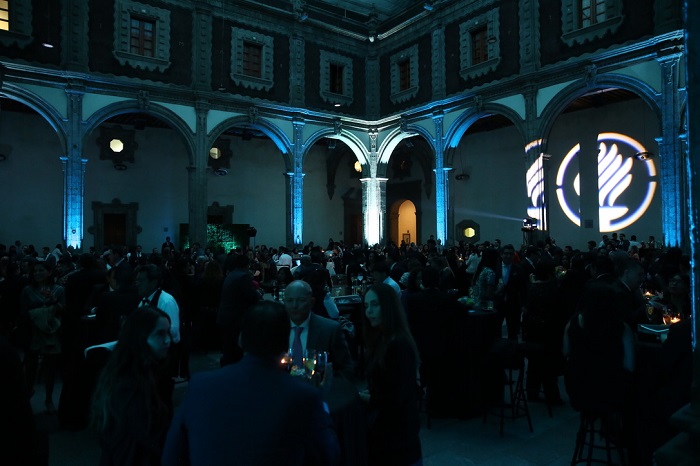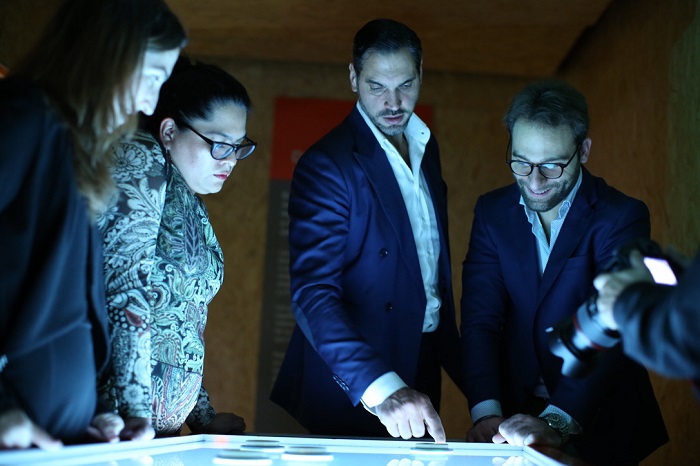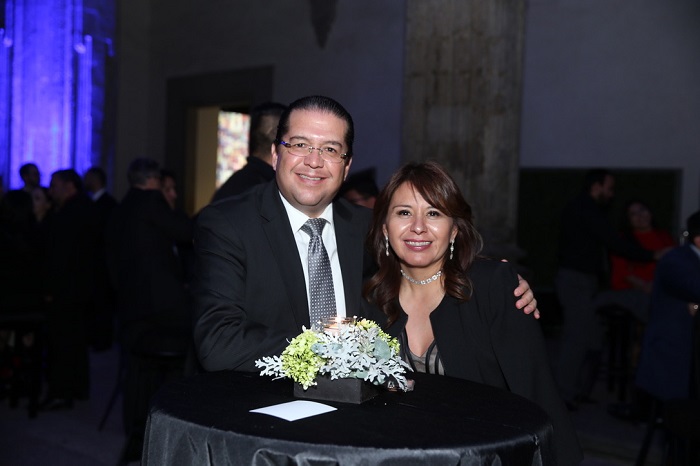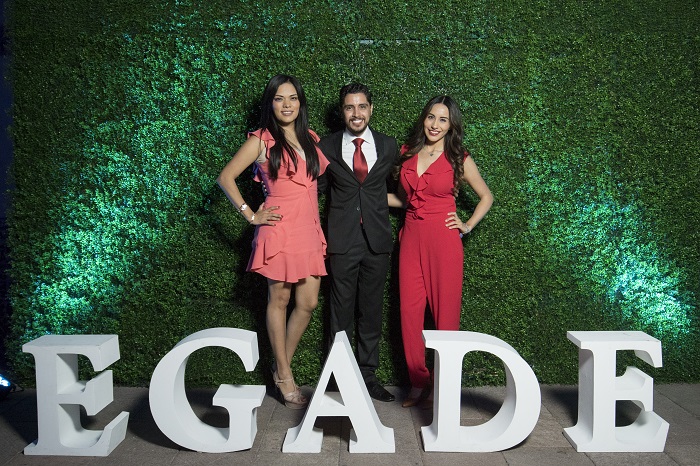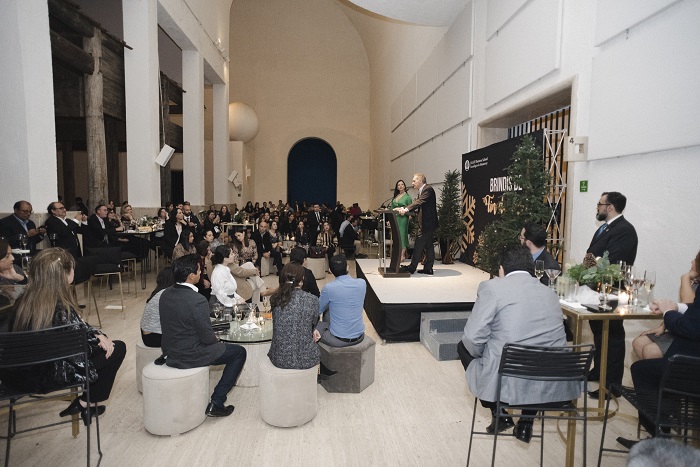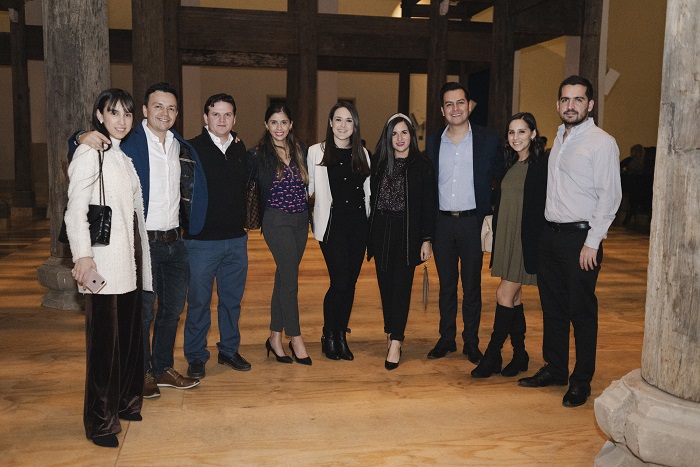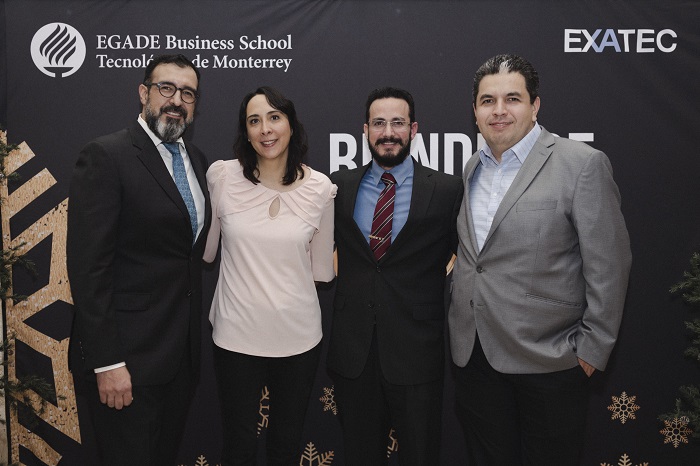EGADE starts 2020 as the top business school in LATAM, according to QS and Eduniversal rankings
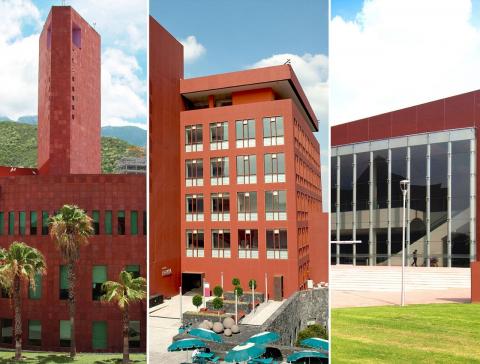
By José Ángel de la Paz
EGADE Business School starts this 2020 as the best business school in Latin America in the prestigious international rankings of Quacquarelli Symonds (QS) and Eduniversal.
QS RANKINGS
For the third consecutive year, EGADE Business School leads in Latin America the QS Global MBA and Business Masters Rankings 2020 with the Full-Time MBA in Innovation & Entrepreneurship and the Master in Finance with the following results:
- QS Global MBA Rankings 2020 - EGADE Full-Time MBA in Innovation & Entrepreneurship:
# 1 in Mexico and Latin America for 3rd consecutive year
# 55 globally among 240 ranked MBA programs
+ 23 places advance vs 2019 globally
# 26 globally for Entrepreneurship and Alumni Outcomes
# 39 globally for Graduate Employability
- QS Business Masters Rankings 2020: Masters in Finance - EGADE Master in Finance:
# 1 in Mexico and Latin America for the 3rd consecutive year
# 15 globally for Graduate Employability
# 41 globally among 156 ranked Master in Finance programs.
Additionally, EGADE Business School leads the specialized programs in Entrepreneurship and Operations Management in Mexico and Latin America, within the QS MBA Specialization Rankings 2019.
EDUNIVERSAL RANKINGS
EGADE Business School remains, for the twelfth consecutive year, as the number one business school in Mexico and Latin America in the Eduniversal Business Schools Ranking 2019.
Thus, the School continues as the only school in Mexico and one of the four in Latin America included in the 100 awarded with the highest level of “5 Palms of Excellence” and recognized as “Universal Business Schools with strong global influence” . Within this select group, EGADE Business School is positioned within the 50 best business schools worldwide.
Also, EGADE Business School retains its leadership as the business school with the best postgraduate degrees in Mexico and Latin America, according to the results of the Eduniversal Best Masters Ranking 2019.
In the regional ranking, EGADE Business School programs occupy the first places in the following categories:
- EGADE MBA: number 1 in Mexico and Latin America in the “General Management” category.
- Master in Finance: number 1 in Mexico and Latin America in the “Corporate Finance” category, and 27th in the global “Financial Markets” category.
- Specialization in Energy Management: number 1 in both Mexico and Latin America in the “Energy and Natural Resources” category, for the second successive year.
- Executive MBA: number 1 in Mexico and number 2 in Latin America in the “Executive MBA” category.
- MBA in Global Business & Strategy: number 1 in Mexico and number 2 in Latin America in the “Full-time MBA” category.
In addition to the recognition of the international rankings, EGADE Business School is the only multi-siteschool in Latin America that has the “triple crown” of international accreditations, recognized by the industry for the quality standards that certify: AACSB, AMBA and EQUIS. Only 1 % of business schools in the world have the "triple crown".
